
In Charlotte, North Carolina, a man lost his life trying to catch the bus. When you look at where it happened, two things become clear: This was inevitable. It was also preventable.

Three case studies reveal how top-down funding creates rigidity, waste, and systems that cities cannot afford to fix or abandon.
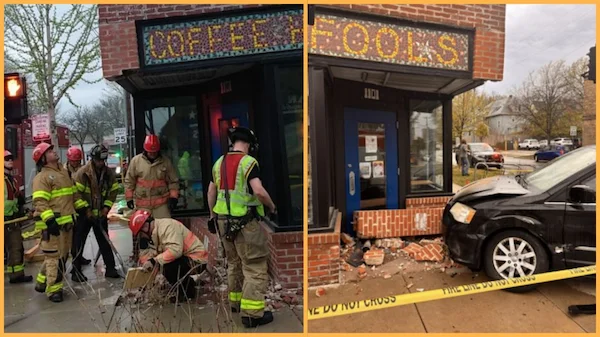
Madison, Wisconsin's Transportation Commission approved a rapid response traffic initiative that could potentially make a dangerous street safer and provide a template for future street tests.
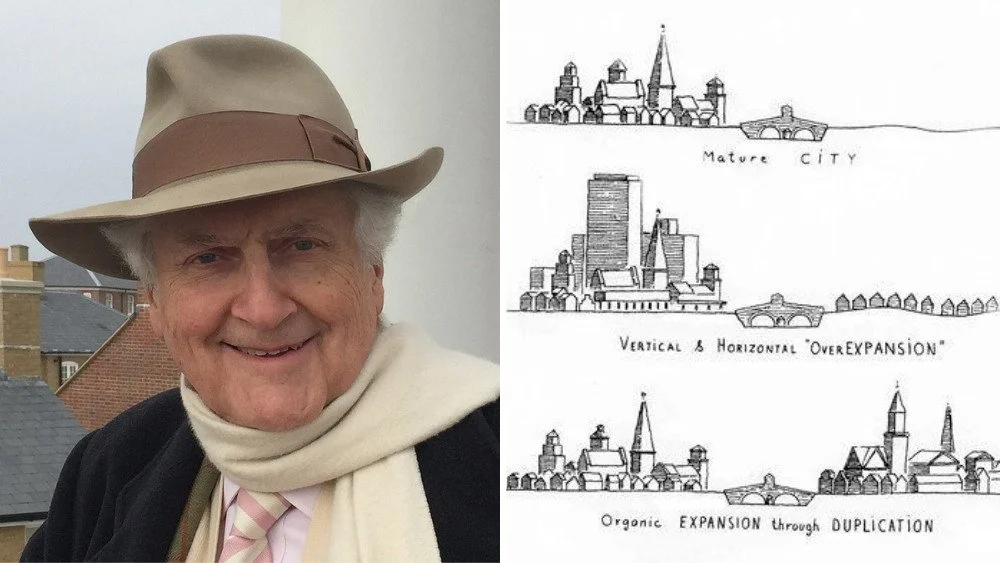
Good urbanism isn’t an academic abstraction but a lived experience we can see and feel in the world around us.
.webp)
Rather than join the ranks of abandoned malls, Indianapolis' Glendale Mall demonstrates the promise of suburban retrofitting and the power of small, steady development over time.

The Ocean State’s roads and bridges are failing. Rather than prioritizing repair, officials pursued an $85 million expansion that will cost decades of future maintenance.

Baltimore just took a major step towards making housing more attainable and affordable.

Statewide zoning reform isn't producing the wins everyone expected. An architect reveals why: the permissions may have changed, but the reflexes never adapted.
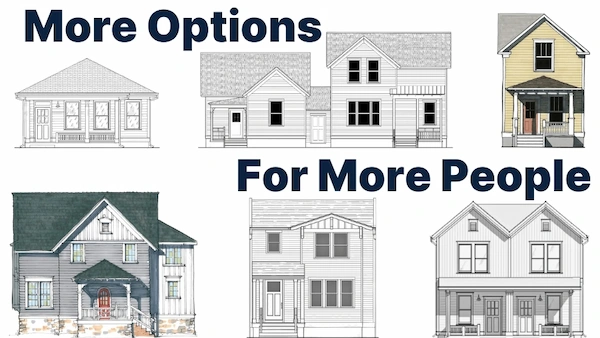
Fayetteville, Arkansas, just gave residents something rare in the world of housing development: a clear, predictable, and affordable path to building.
.webp)
The Complete Streets concept has run its course, not necessarily because the vision was flawed, but because the system it embedded itself into was never built to support it.
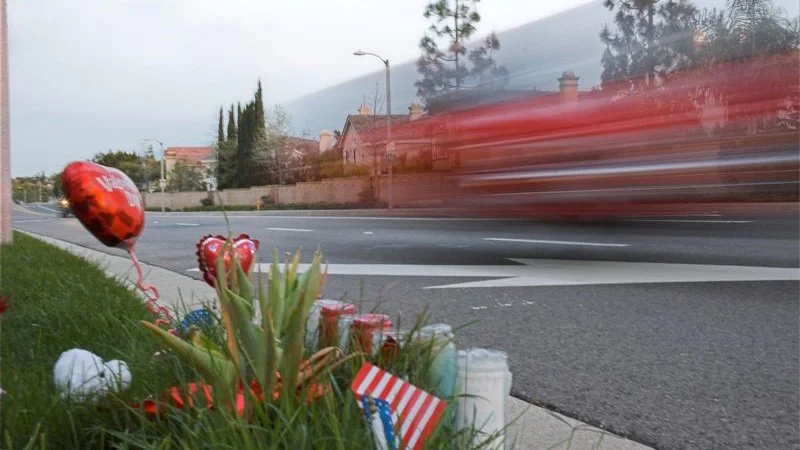
After 15 crashes in five years, Leawood, Kansas is starting to name street design as part of the problem. But safety can’t wait on slow, multi-year timelines.

The invention of the printing press democratized access to information. With that came a lot of uncertainty.
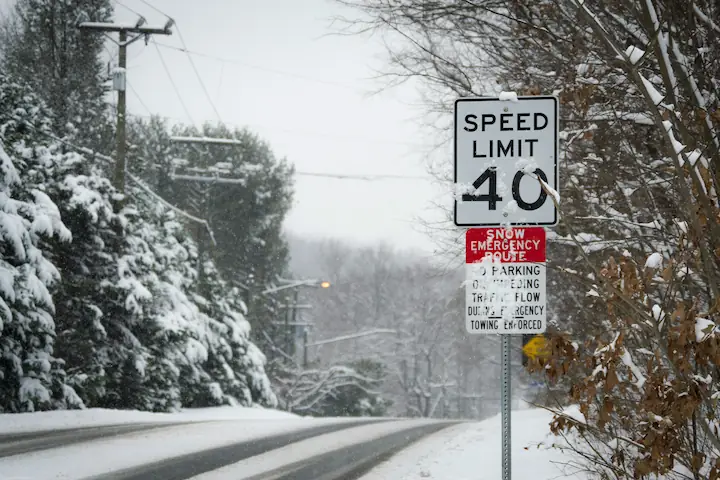
Walking to school shouldn't be a death-defying stunt. That's why advocates in Maine are working with city leaders to make their streets safer.
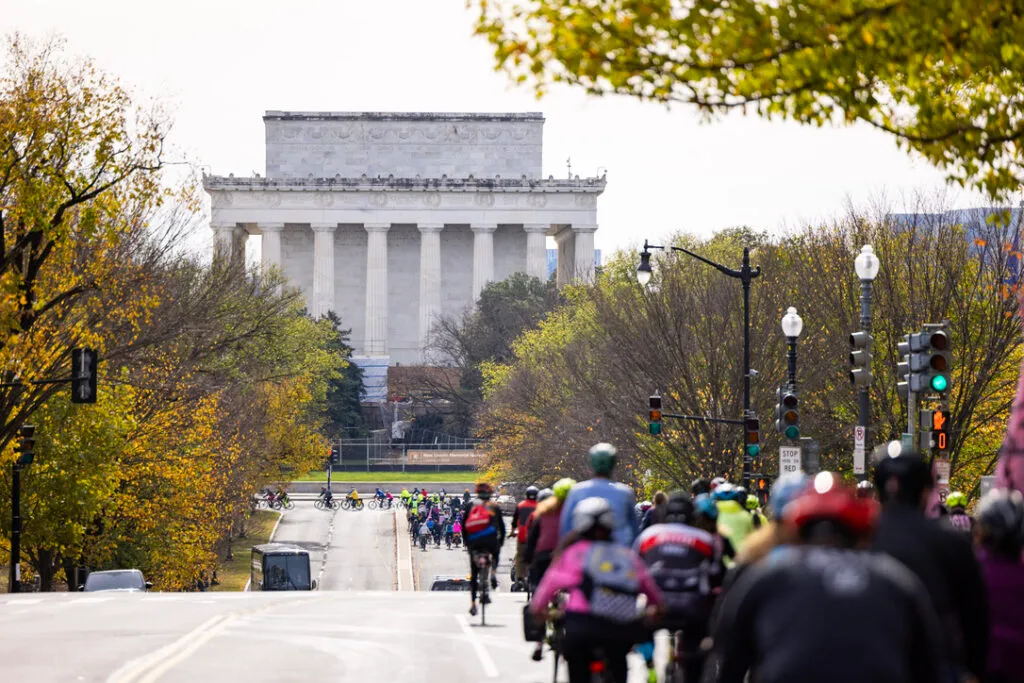
At Ride for Your Life, hundreds rode to the Lincoln Memorial to mourn lives cut short by dangerous streets and to call for a future where no family has to endure the same loss.
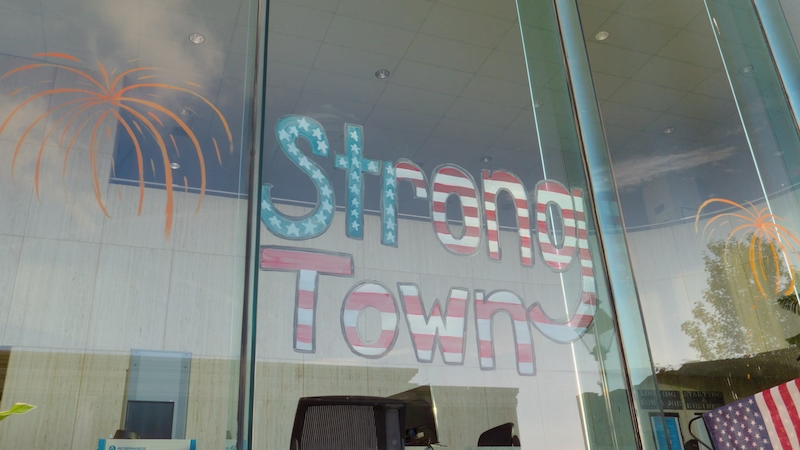
Across the country, it’s clear that what truly makes a city resilient isn’t the plans, grants, or programs—it’s the people who care for one another and invest in their communities.

When homes are priced beyond what local incomes can sustain, the system stretches the debt instead of fixing the root problem.
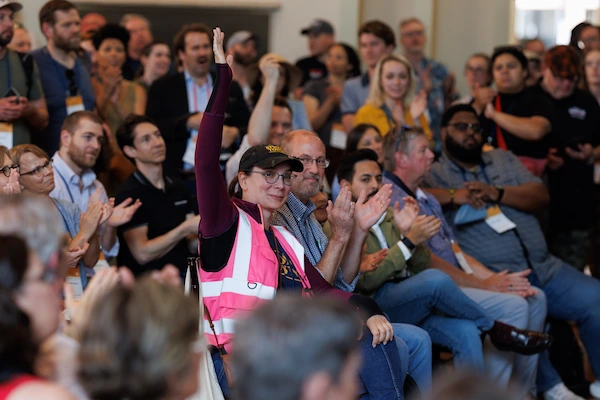
Strong Towns is more than ideas. It’s a movement powered by members taking real action in their communities.
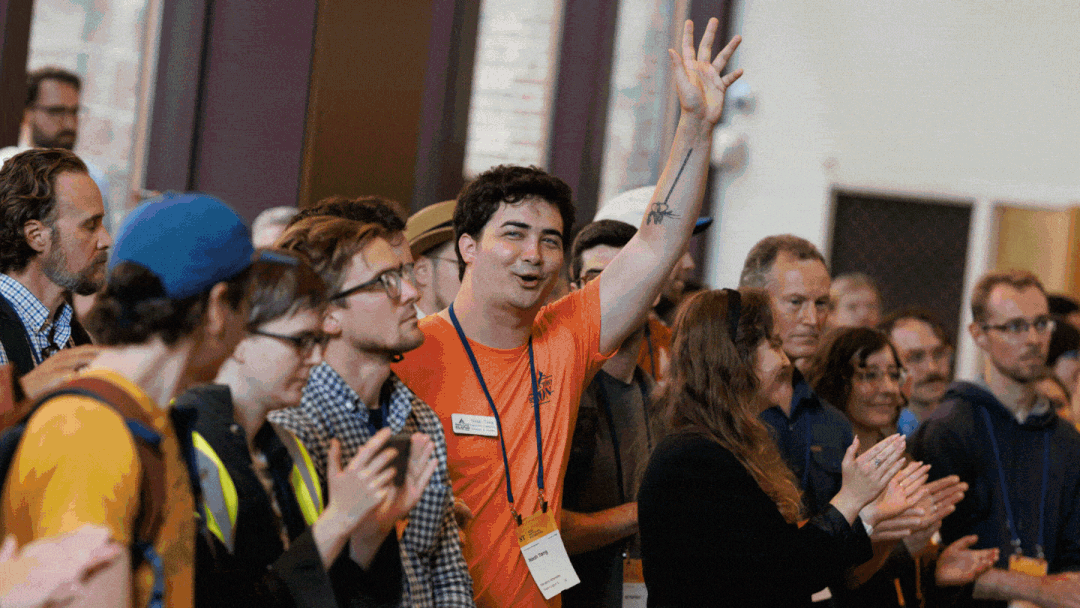
In 2008, Strong Towns was just a small blog with a big question; by 2025, it has become a nationwide movement with hundreds of local groups making real change on the ground. Things have changed in countless ways, yet the core mission has never been clearer.
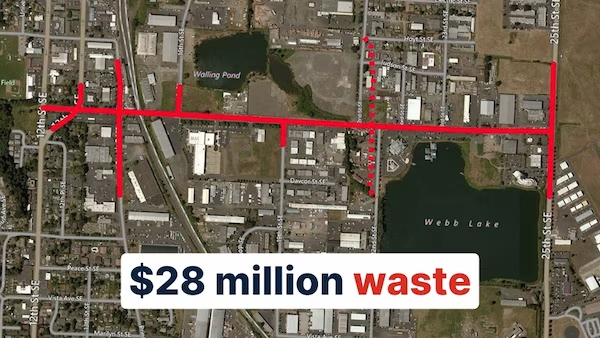
This project in Salem, Oregon, shows how federal funding rewards cities for optimistic benefit-cost narratives, not fiscal health or return on investment analysis.
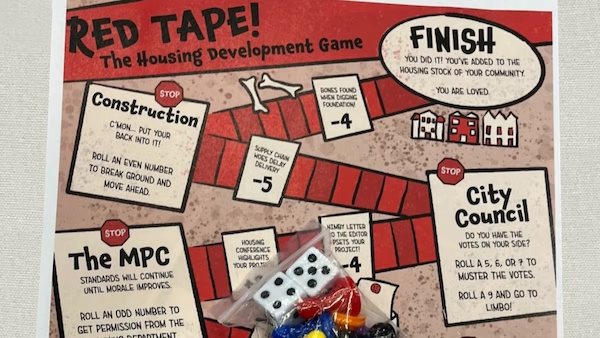
After facing constant roadblocks in opening a neighborhood cafe, an artist in Savannah, Georgia, created a board game that mimics the frustration of small-scale development. It was a wake-up call for local officials.
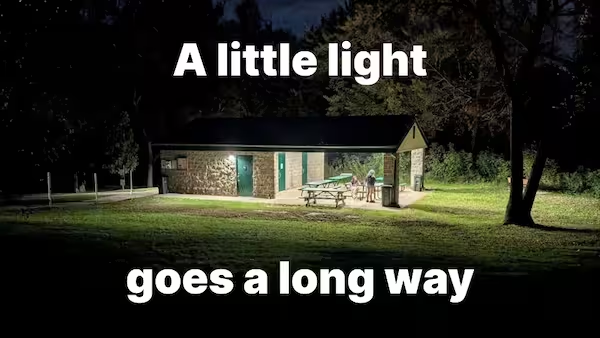
How two identical park buildings reveal the power of small design choices.

Thanks to persistent local advocacy and city leadership willing to listen, change is finally coming to a dangerous intersection in New Haven, Connecticut.
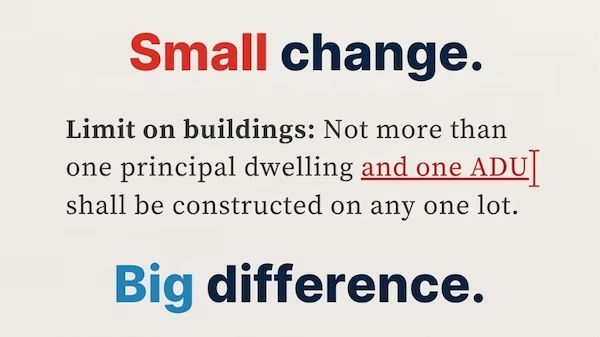
Small, precise zoning code text revisions can be a game-changer for communities facing housing shortages.

13 years after a new stadium and set of highway ramps promised to bring economic revitalization to Chester, Pennsylvania, things have only gotten worse.